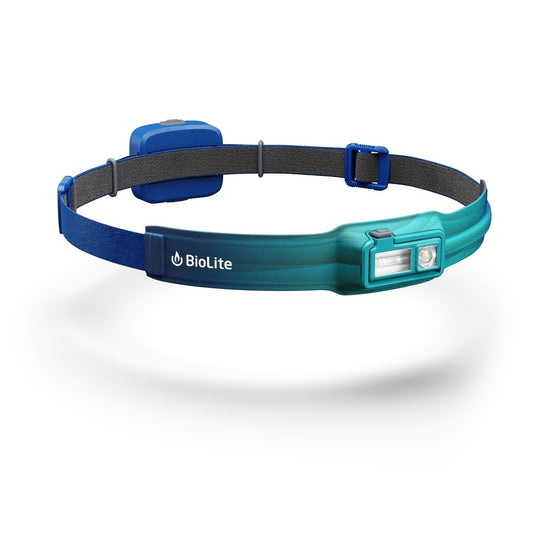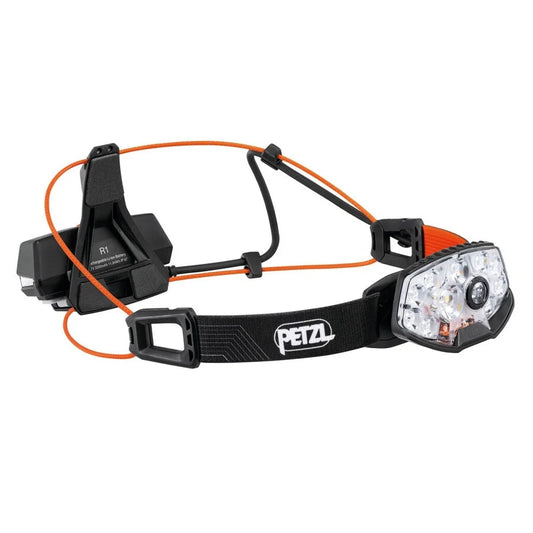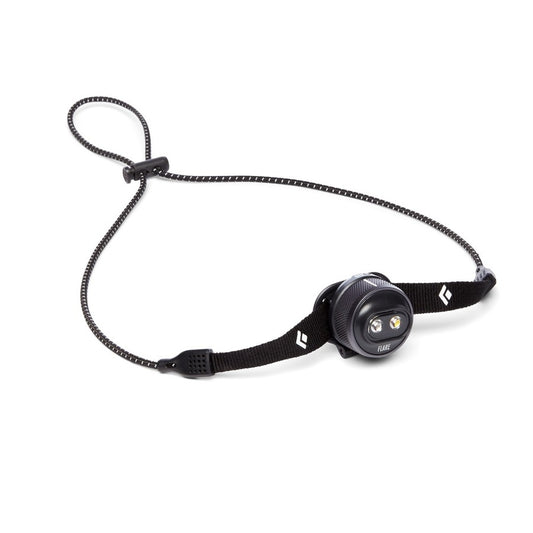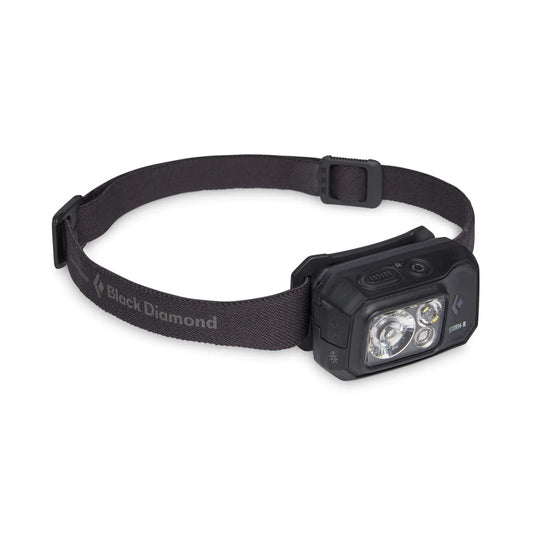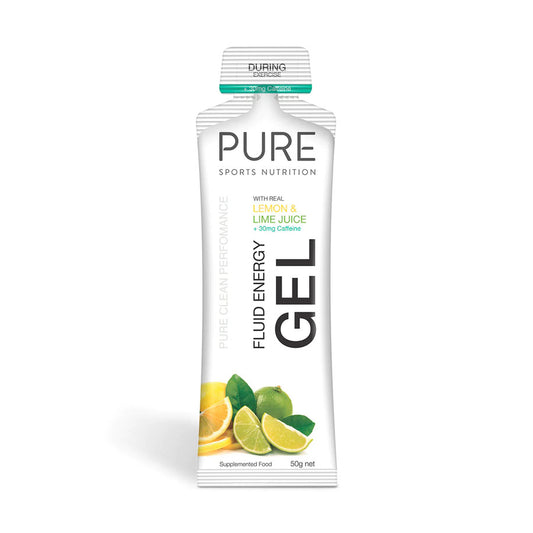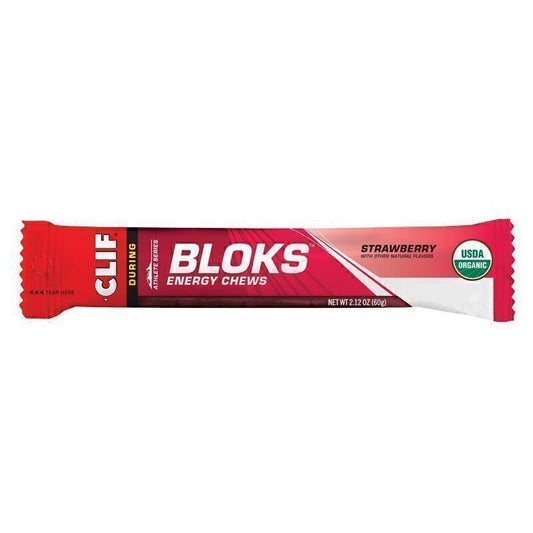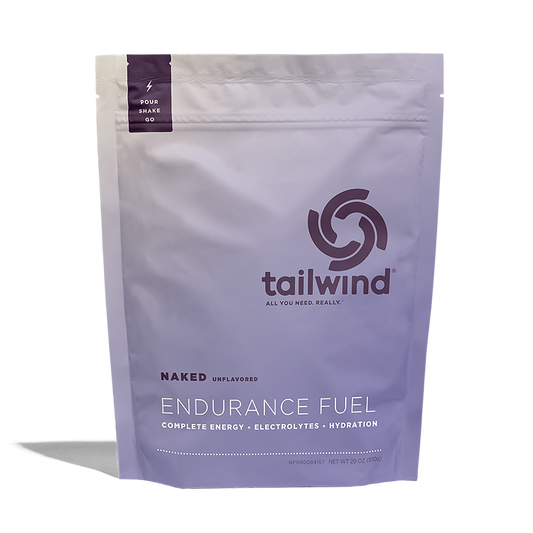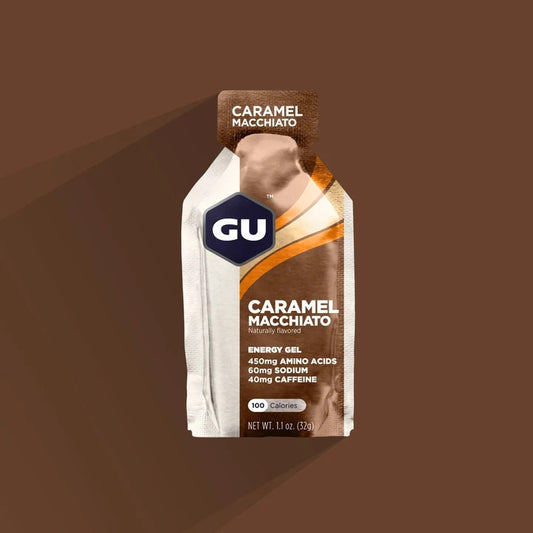Winter is a great time to enjoy cooler, quieter trails without having to beat the heat.
If you're planning your runs around your daytime obligations, though, then you're likely going to be doing a lot of your winter miles in the dark (well, by head torch). But a good light can transform those dark mornings and dark evenings back into running time.
Investing in a good light makes tackling the trails in the dark so much easier. The right head torch can make all the difference to your confidence and help you avoid an injury due to missing rocks, roots and potholes ahead.
Dressing for success will help too, so plan on combining the right layers that keep you warm but don't smother you once the tempo rises. Keep the cooler breezes from zapping your body heat with technical long sleeves, windproof jackets or even gloves on those colder days.
Winter running is a great time to lay down the foundation for summer fitness and racing. Morning runs that start in the dark will often reward you with a chance to watch the sun come up and bask in its golden light. Not a bad way to start your day (especially when there's a post-run coffee involved).
“Winter running is a great time to lay down the foundation for summer fitness and racing”



